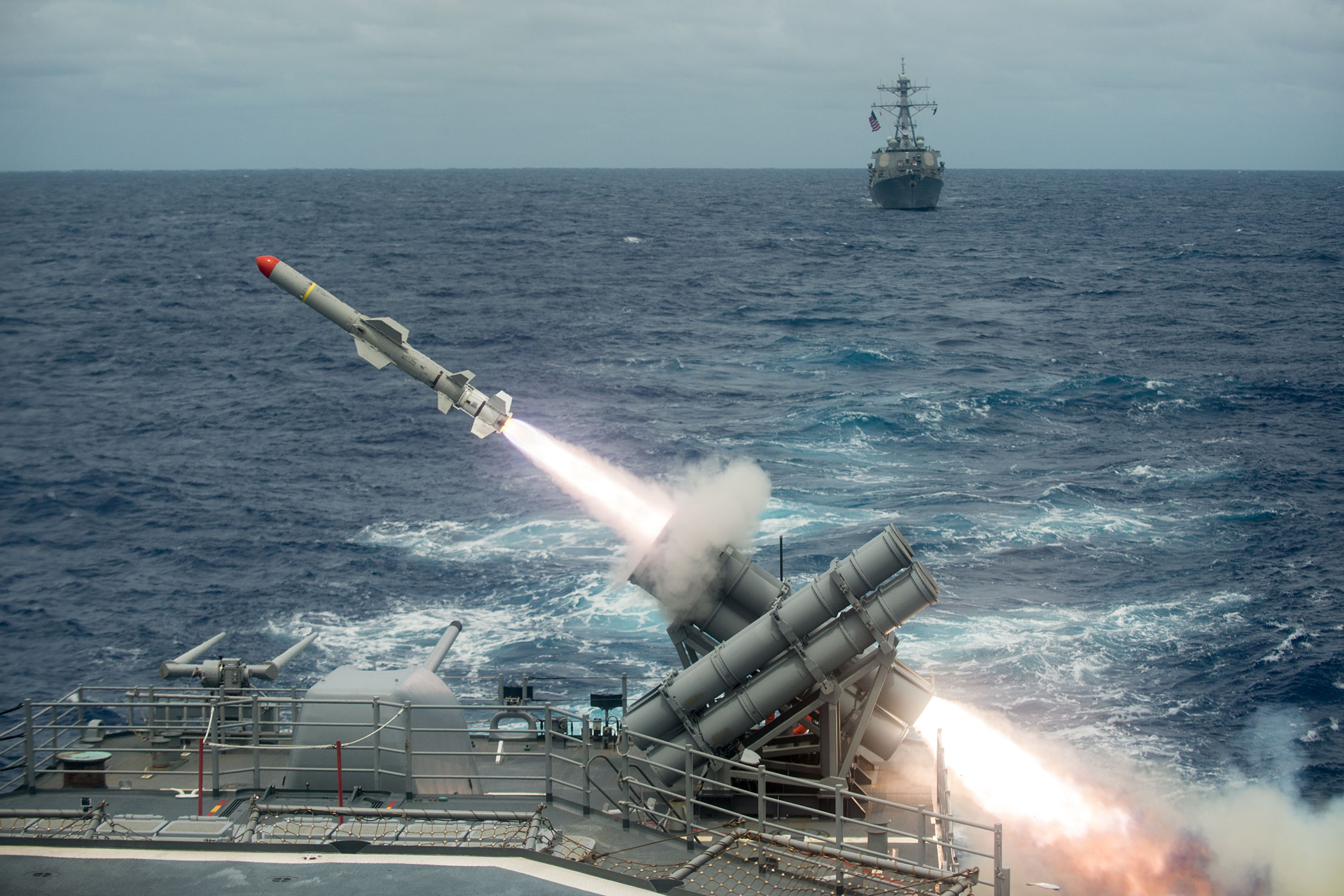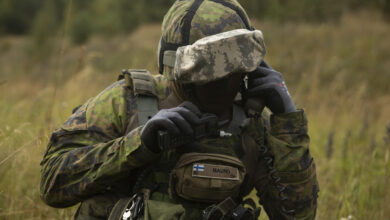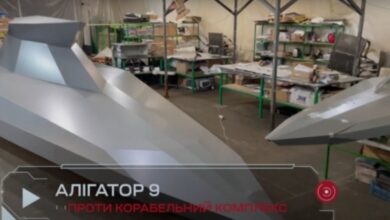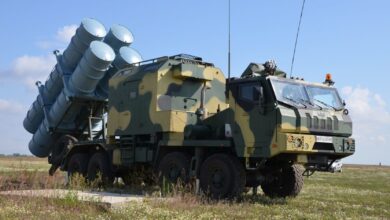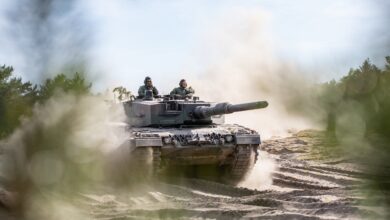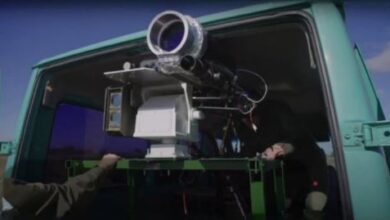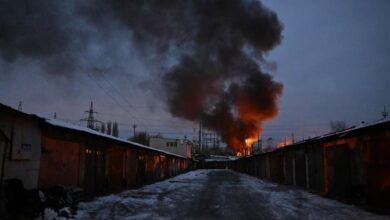Ukraine has deployed the Harpoon anti-ship missile system provided by Denmark last month, Defense Minister Oleksii Reznikov announced last week.
Ukraine has fielded the land-based version of the Boeing system to strengthen its coastal defense, as it currently relies on the domestically-produced Neptune anti-ship missile. The Neptune is a Soviet-era system reportedly copied from the American-made Harpoon.
“Our coastal defense was strengthened by highly effective Harpoon complexes,” Reznikov stated.
“Together with our Neptunes, the Harpoons are already forcing the enemy fleet to keep their distance to avoid the fate of the Russian Black Sea Fleet flagship Moskva” he added, referring to the April 14 incident when a Neptune sank the Russian guided missile cruiser.
Russian Blockade
The Danish RGM-84L-4 Harpoon Block II has a reported range of 187 miles (300 kilometers) and is capable of striking sea and land-based targets.
The addition of the Harpoon is expected to help Ukraine push the Russian Black Sea fleet back from Ukrainian ports, according to National Interest.
The Russian fleet has blockaded Ukraine’s Black Sea coast for weeks, including for civilian navigation. The blockade has prevented Ukrainian wheat shipments around the world, causing prices to soar.
Ukraine contributed 10 percent of world wheat exports last year, according to the United Nations. An estimated 20 million tons of grain has been stuck in the country since the war began.
Weapons Supply ‘Not Satisfactory’
Reznikov announced that units of the Polish AHS Krab self-propelled artillery have also been deployed, making it the fifth type of 155 mm howitzer deployed so far after the M777, FH70, CAESAR, and M109A3.
However, the defense minister underlined that the “tempo and quantity” of the weapons supplied is still not satisfactory, asking for heavier armored vehicles with weapons and the replacement of “obsolete” Soviet-era Ukrainian vehicles. He also called for “fighter jets, anti-aircraft, and missile defense systems.”
“I cannot say that I am satisfied with the tempo and quantity of weapon supplies. Absolutely not.
But at the same time, I am extremely grateful to the countries that support us. In particular, to the United States of America, the United Kingdom, Poland, and our Baltic friends.”

